Libya's central bank halts operations after official abducted
Bank says unknown party behind abduction of Musaab Muslam, head of its information technology department.
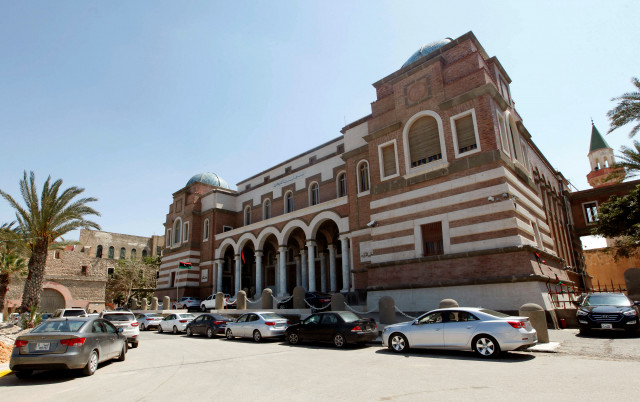
The central bank of Libya, which is situated in Tripoli, announced that it would cease all activities and wouldn't start up again until a senior bank official who had been abducted earlier in the day was freed.
The central bank is the only internationally recognised depository for Libyan oil revenues, a vital economic income for a country torn for years between two rival governments in Tripoli and Benghazi.
The bank said an unknown party was behind the abduction on Sunday of Musaab Muslam, head of its information technology department.
"The bank rejects the mob-like methods that are practiced by some parties outside of the law," it said in a statement.
It added that other bank officials had also been threatened and therefore it would suspend operations until "these practices are stopped and the concerned authorities intervene".
Richard Norland, the U.S. ambassador to Libya, said last week that attempts to replace the bank's senior management by force could result in the North African country losing access to international financial markets.
Norland met with bank governor Sadiq Kabir to discuss concerns about armed groups gathering around the bank's headquarters in Tripoli, the U.S. embassy said.
"Disputes over distribution of Libya's wealth must be settled through transparent, inclusive negotiations toward a unified, consensus-based budget,” Norland said.
Libya has enjoyed little peace since the 2011 NATO-backed uprising that overthrew longtime dictator Muammar Gaddafi, and it divided in 2014 between warring eastern and western factions.
On Aug. 9, at least nine people were killed and 16 wounded after clashes erupted between two armed factions in Tajoura, an eastern suburb of Tripoli.
Libya's Tripoli-based Government of National Unity is headed by interim Prime Minister Abdulhamid al-Dbeibah, who was installed through a U.N.-backed process in 2021.
Eastern Libya, where the national parliament is based, is under the effective control of military commander Khalifa Haftar.
Despite a 2020 truce and efforts to formally reunify institutions, a political solution has proven elusive.


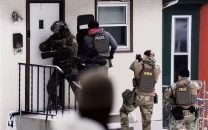

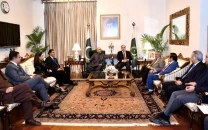
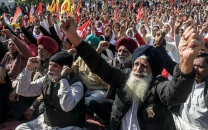
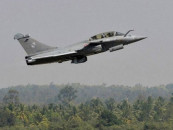












COMMENTS
Comments are moderated and generally will be posted if they are on-topic and not abusive.
For more information, please see our Comments FAQ